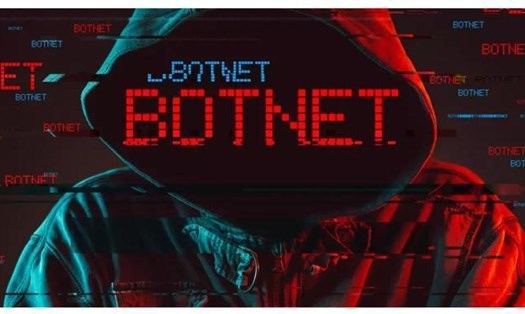An IP address is a single row of numbers used to identify each device when connected to the internet. It's like an online personal identification code, helping websites and services know who you are and where you are. However, if you reveal your IP address, you may face many risks regarding privacy and security. Therefore, many people want to know how to hide their IP address. Here are important reasons why you should consider doing this.
Protect your privacy and real location
An IP address can give you your geographical location, even the city or area where you are. Bad guys like hackers or cybercriminals can exploit your IP address to track, attack, or steal your personal information. Hiding your IP address will help hide your real location and reduce the risk of being attacked.
Avoid geographical restrictions
Many websites and online services limit access based on the geographical location of users. When you hide your IP address, you can hide your real location and access restricted content, giving you more freedom to use the internet.
Preventing companies from monitoring online activities
Many companies collect web browsing data from users for advertising and market research purposes. Hiding your IP address helps you avoid being tracked, protecting your personal habits and preferences from being exploited for the wrong purpose.
Avoid being followed by advertisers and hackers
advertisers often use IP addresses to track user activity and display targeted ads. In addition, hackers can also exploit IP addresses to find weaknesses and attack your device. Hiding IP helps reduce the risk of being tracked and attacked from unwanted sources.
Enhancing security when using public Wi-Fi
Public Wi-Fi is often unsafe, easily attacked by hackers to steal user data. Using IP address hiding tools, especially VPNs, will help encrypt your connection, protect data and personal information when accessing the internet in public places.
How to hide your IP address
The two most common methods of hiding IP addresses are using proxy servers or virtual private networks (VPN).
Proxy: Serves as an intermediary, routing your internet traffic through another server with a different IP address. However, the proxy does not encrypt data, so there is still a risk of information leakage.
VPN: Create an encrypted connection between your device and the VPN server, helping to secure all of your internet traffic and hide your IP address more effectively than a proxy.











